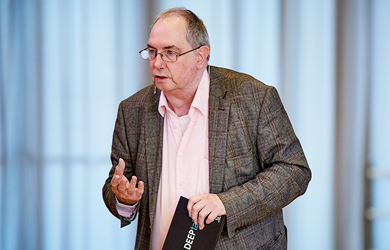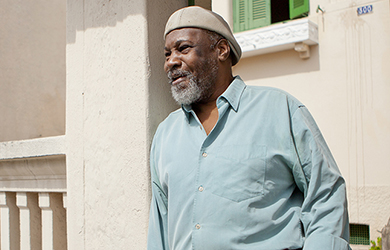Across the world, many people are now experiencing a new kind of freedom. As the incidence of COVID-19 in some countries has fallen, lockdown life is starting to ease. For some, this means that life is beginning to feel less restricted, however this can bring about another unique set of challenges when living with a chronic disease such as diabetes.
It is always important to take care of yourself and your diabetes first, and in this article we will look at some practical support to manage new feelings and emotions to help minimise the impact on your mental and physical wellbeing.
Many countries are starting to embrace the easing of lockdown restrictions, but this can lead to new challenges for managing your diabetes.
Perhaps you had adjusted and become comfortable with how best to keep well during lockdown, despite the monotony of living, working and studying within the same four walls. But then, life changes again and this brings its own psychological impacts. You may find that you are feeling anxious or worried as the restrictions begin to lift and society begins to interact again.
These emotions are common at any time of significant change. Increases in fear, anxiety, and feelings of low mood or a lack in motivation can be some of the changes you may notice at one point or another. However, there are things you can do to help manage and reduce these feelings while still taking reasonable steps to protect yourself from the potential risks of becoming ill due to COVID-19.
You can hear Sara Mobäck (Global Diabetes Advocate living with Type 1 Diabetes in Sweden) and Professor Tim Skinner (Diabetes and Health Psychologist in Australia) talk about the challenges people with diabetes are facing as the lockdown restrictions are eased.
There is also lots of useful content on Diabetes What’s Next, including articles on dealing with stress and feeling anxious that you may find interesting, as well as this interview with Dr. Frank Snoek if you are finding life under lockdown is affecting your mental wellbeing.
If you are having difficulties in controlling your blood sugar levels, it’s important to speak to your doctor or nurse. They can offer tips and advice, or they may need to adjust your medication(s).
This is general disease awareness and should not be understood as medical advice. If you experience symptoms of COVID-19 or have questions, doubts or concerns, you should contact your doctor. Always follow the advice of local authorities.
In this article you will find links to third-party material not owned or controlled by Novo Nordisk. We are not responsible for the content or the accuracy of the information provided and have no control over the privacy policies or terms of use of such third-party sites.







